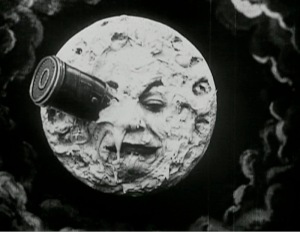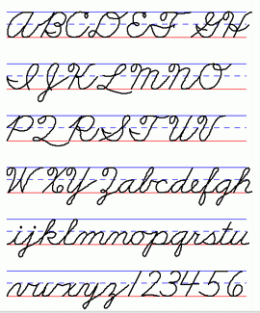Pop Matters. I could read them for days, but then I’d be out of a job…unless they’d hire me.
I thought this was a great piece on the dearth of female action figures out there. I’m not going to pretend that when I was growing up, there were a ton of female action figures. Amid the GI Joes, Masters of the Universe, Star Wars, Thundercats and TMNT, there was probably one female in each. Then you’ve got your Wonder Woman, Bat Girl, etc., etc. I’d possibly throw Jem and her crew into that category, too. Who am I missing?
While you look through the old toy collection in your mom’s attic, I’ll talk about the one issue I have with this piece. It doesn’t really cover how kids 30 years ago viewed action figures and played with them. I don’t have kids (yet) so I have nothing but my feeling and sense and my own personal interactions with action figures to draw on, but my argument is this: my peers and I saw action figures not as individual figures or representations of themselves (e.g., I’m Leondardo; I’m Han Solo), but as a collected representation of another reality. And you needed the whole set of players – women and all – to fully realize and be able to recreate that reality at home. If you need proof, look back at the commercials for these action figures. GI Joe commercials included a really cool ‘battle ground’ (really: Jimmy’s backyard), with gravelly hills that GI Joe jeeps could storm, and lakes that broke the fall of the bad guy when Joe torpedoed an enemy jet. Then, the voic e-over: something to the effect of “Collect all 8” or “Get the whole set.” Mattel and others promoted the WHOLE action figure ‘gestalt’ – ladies and all — which is something they don’t do today.
e-over: something to the effect of “Collect all 8” or “Get the whole set.” Mattel and others promoted the WHOLE action figure ‘gestalt’ – ladies and all — which is something they don’t do today.
Chicken and egg argument – did they stop because they saw kids gravitating to one character with which to more strongly identify? Or did they decide which characters they wanted to put more promotional dollars behind, thus narrowing kids’ choices?
I’ll be honest. I haven’t thought about action figures in years. I don’t think the gender dearth is necessarily an oversight — or an outright slam. I just think the way kids think about play has changed. So has the way they actually play. Sadly, they no longer get on the rug, open up Castle Grayskull or the Millennium Falcon, drink a Hi-C Ecto-Cooler, and just lose themselves in make-believe.
Now, I’m going to call my mom to see whether she still has my Star Wars action figures…



